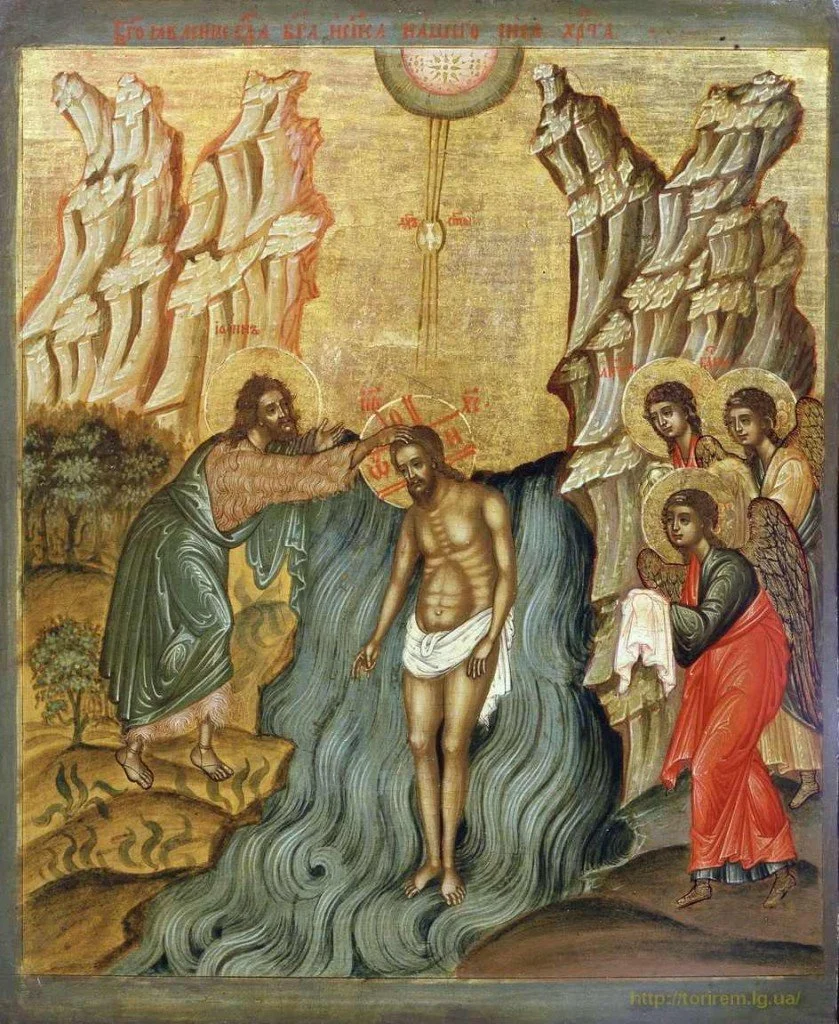Rowan Williams has famously written that theology as a discipline is “perennially liable to be seduced by the prospect of bypassing the question of how it learns its own language.” My hope is that this project offers a picture of early Christian catechesis that helps us remember, quite literally, how early Christian theology learned its own language. What it means to know God is inseparable from the ways in which such knowledge is experienced; medium and message are tightly linked. In studying early Christian catechesis, we observe how knowing God belongs within a set of ecclesial practices in which the meaning of knowledge and faith are found in – and founded upon – Jesus Christ. Advancing from faith to understanding, from belief in God to the knowledge of eternal wisdom, begins and ends with Christ.
Catechesis against the Gnostics
Not differentiating between catechumens and fideles, the ease of the quick promotion—these problems that Tertullian identifies in gnostic groups have to do with a more basic problem, and that is the rejection of a kind of faith that involves virtue, a rejection of the notion that Christianity entails a transformed life acquired through disciplina—a word that means not only discipline but education, instruction, and training.





